DISCLOSURE: THIS POST MAY CONTAIN AFFILIATE LINKS, MEANING I GET A COMMISSION IF YOU DECIDE TO MAKE A PURCHASE THROUGH MY LINKS, AT NO COST TO YOU. PLEASE READ MY DISCLOSURE FOR MORE INFO.
A fabric softener is something that most of us use faithfully every time we do laundry. Without them, our clothes can look ruffled, wrinkled, and can feel rough.
While fabric softeners make clothes softer and smell better, they can have harmful impacts on both the person and the environment.
If you are wondering whether fabric softeners are toxic, you’re in luck!
This article will explore what fabric softeners are, the ingredients they use, as well as offer a list of safer alternatives.
What exactly are fabric softeners?
A fabric softener is a type of fabric conditioner that helps soften clothes and reduce static cling. Fabric softeners are usually applied in the wash cycle by adding them directly to the laundry or by using fabric sheets.
Fabric softeners, like dryer sheets, are developed to make fabric feel softer and less stiff. Additionally, most fabric softeners sold in the market today also have a fresh and pleasant perfume scent that lasts throughout the day.
They’re also quite simple to use, making them a household staple in the United States.
What makes fabric softener harmful and toxic?
If you are someone who puts great emphasis on your family’s health and wellness, you may wonder; “Is Fabric Softener Toxic?”
The short and simple answer is yes.
Both fabric softeners and dryer sheets contain harmful chemicals called petrochemicals.
Petrochemicals are considered toxic chemicals because they are made from petroleum, which is a non-renewable natural resource.
Petrochemicals such as Benzyl Acetate, Limonene, Phthalates are found to cause serious health problems. For instance, heavy exposure to benzyl acetate is linked to pancreatic cancer and eye irritation while benzyl alcohol is known to irritate the upper respiratory tract and impair the central nervous system.
Another common fabric-softening chemical to look out for is “tetrasodium etidronate”, a chemical that can irritate the skin, nose, and eyes causing itchy throat or coughing when inhaled.
Once they’re in your clothes, fabric softeners slowly release these chemicals into the fabric, which can then transfer in the air and to your skin when you wear them.
These chemicals can also emit harmful and toxic fumes into the environment which eventually worsens the air quality.
This is why fabric softeners not only can have adverse effects on you but on the environment as well.
Is Fabric Softener Safe to Breathe?
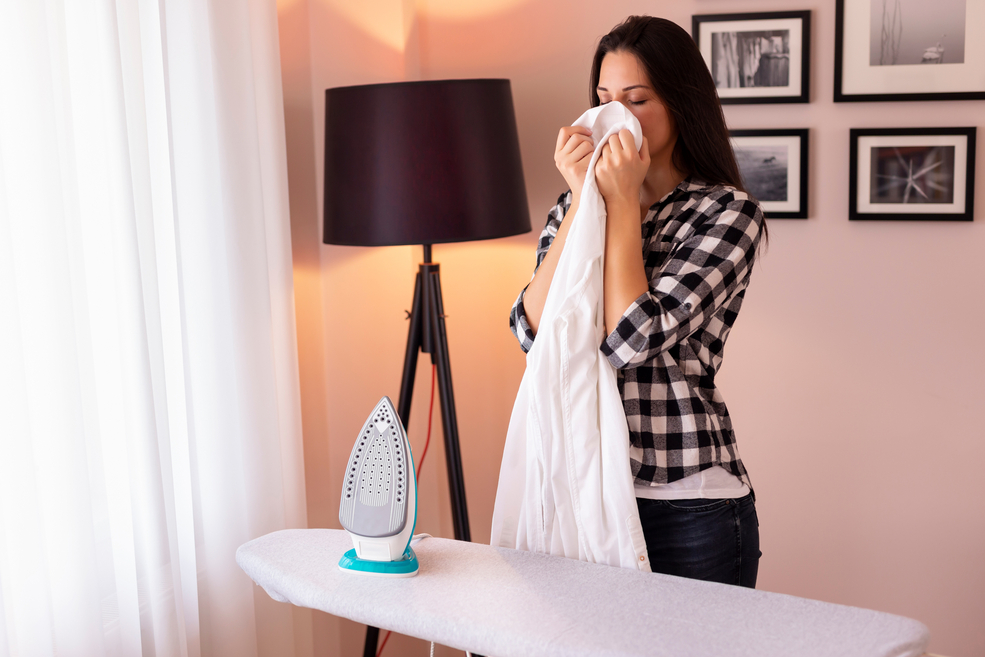
No. The chemicals in fabric softeners and dryer sheets, when inhaled, can cause serious problems such as asthma, allergies, headaches, and nose congestion.
When these chemicals are absorbed by the body through inhalation, they tend to irritate the mucous membranes and respiratory tract, which can then increase the risk of contracting a serious illness.
As previously stated, certain chemicals such as benzyl alcohol can irritate the upper respiratory tract causing disorders in the central nervous system.
Safe and Natural Alternatives to Fabric Softeners
If you want the best for yourself and your family, it’s time to abandon your favorite liquid fabric softener in favor of safer, natural alternatives that provide the same benefits.
Wool Dryer Balls

Wool dryer balls are considered a safe and natural replacement for fabric softeners because they contain zero chemicals.
If you don’t know about them yet, wool dryer balls are essentially small fabric balls made of 100% wool placed on top or between your clothes as they tumble in the dryer.
The good news is, they work just as well as your preferred fabric softener and dryer sheet and are super easy to use!
Vinegar
More than just your kitchen staple, vinegar is also considered a fabric softener, fabric refresher, and fabric deodorizer. It does not contain artificial colors or any chemicals unlike softeners and dryer sheets and they’re easily accessible!
The natural smell of vinegar will help reduce the static cling while also helping to remove any unwanted odors from your clothes which makes it an excellent fabric softener alternative!
You can add 1/2 or 1/4 cup of white vinegar to your washing machine during the rinse cycle to remove unwanted stains and keep clothes feeling soft and comfy.
Baking Soda
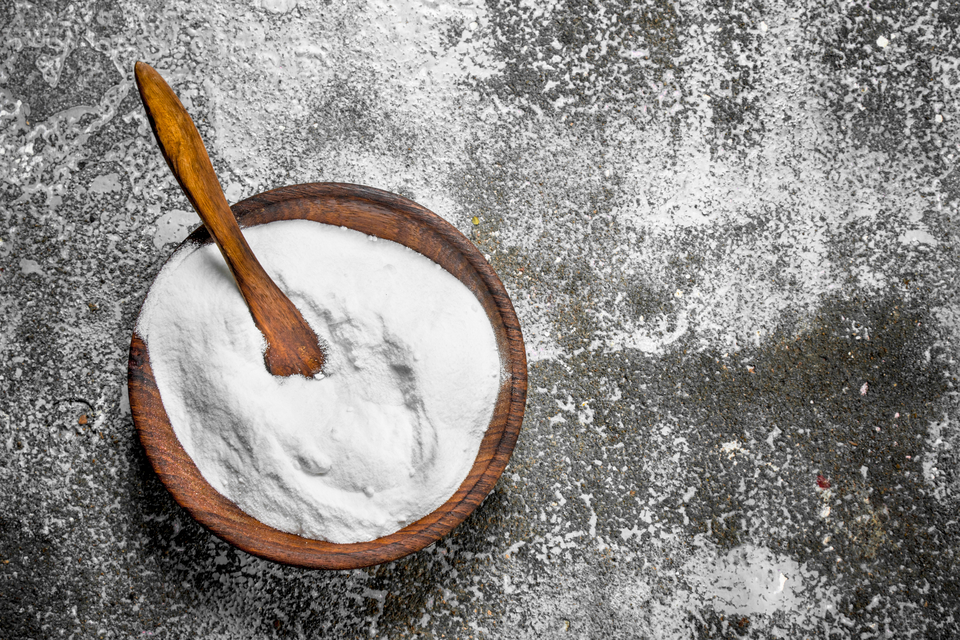
In the same way fabric softeners can be used to remove odors from your clothes, baking soda is also a natural and eco-friendly fabric deodorizer that will do just as well.
This baking ingredient helps neutralize any unwanted smells on fabric and in turn, leaves them smelling fresh and clean.
Baking soda can also be used as a fabric softener! Add a few tablespoons to your washing machine during the rinse cycle or sprinkle it over clothing for best results.
Aluminum Foil
It’s surprising to see aluminum foil in this list, but trust us, they work great – especially when removing static clings!
If you’re looking for a fabric softener that’s the most natural and sustainable, aluminum foil balls are a great alternative.
Crumple two to three aluminum foils into balls and put them in your dryer as your clothes tumble to absorb any static cling!
Additionally, because they do not emit any chemicals, aluminum foil balls are a perfect substitute for persons with sensitive skin or allergies.
Epsom Salt
You may not know it yet but Epsom salt is actually considered a fabric softener alternative.
It’s hypoallergenic, safe, and natural that does an incredible job of absorbing odors from fabric without harming the environment or your health.
Adding two cups of Epsom salt and combining it with baking soda can do magic for your clothes by making the fabric soft and static resistant.
You may also opt to add in a few drops of your favorite essential oils so your clothes can have a pleasant fragrance.
Final Thoughts
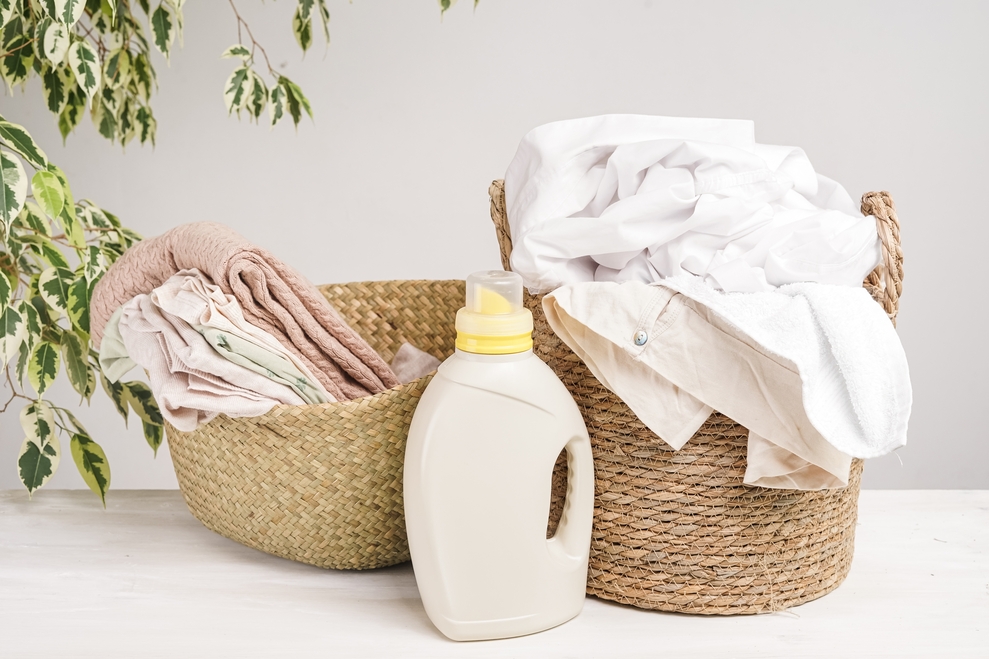
Fabric softeners may appear to be a simple household item, but they contain dangerous chemicals that are toxic to humans and the environment. So, it’s best to steer clear of them as they are loaded with chemicals that can cause serious health issues.
On the flipside, there are many natural and safe alternatives to fabric softeners that have the same benefits just like the ones we’ve listed in this blog post.
These fabric softener substitutes may not have the same aroma as fabric softeners, but they work just as well and are considerably safer for your health.
If you’re looking for a more eco-friendly option, consider using the alternatives listed in this article.
Of course, these options may take some time to get used to but there are plenty of easy tutorials and references online to help guide you through the process!
What other safer and natural alternatives do you use? Let us know in the comments section.

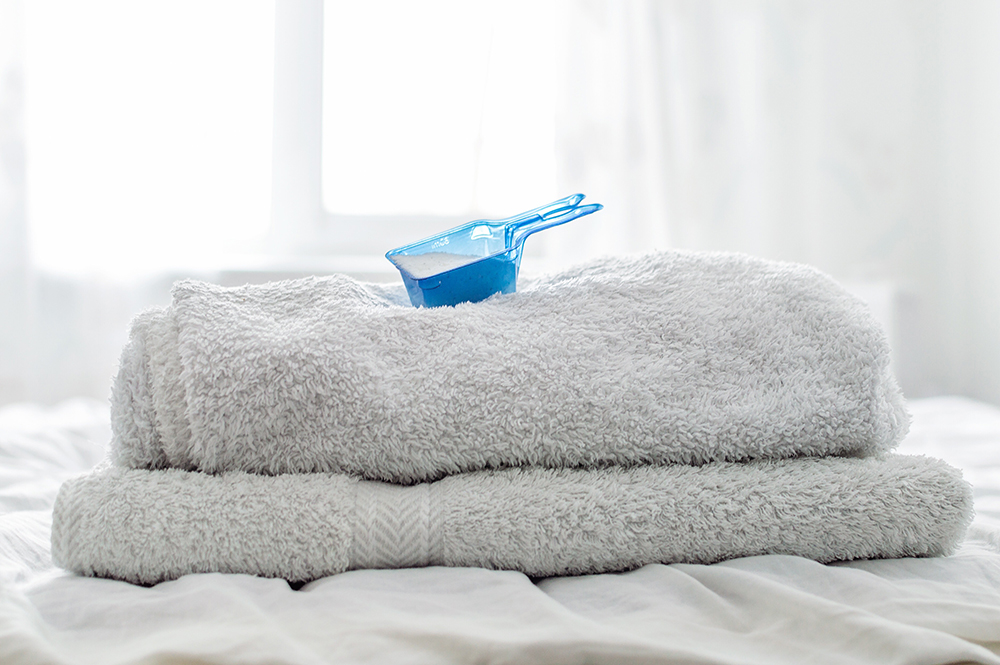
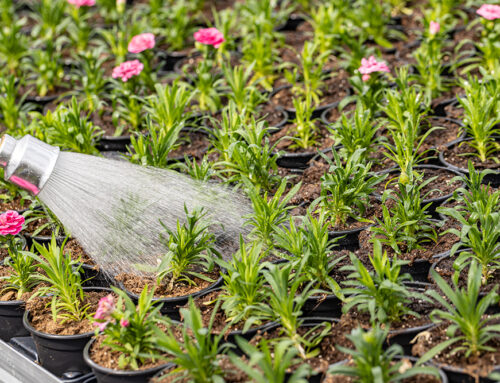


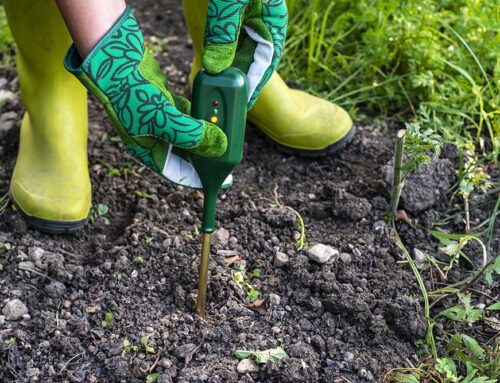

Leave A Comment